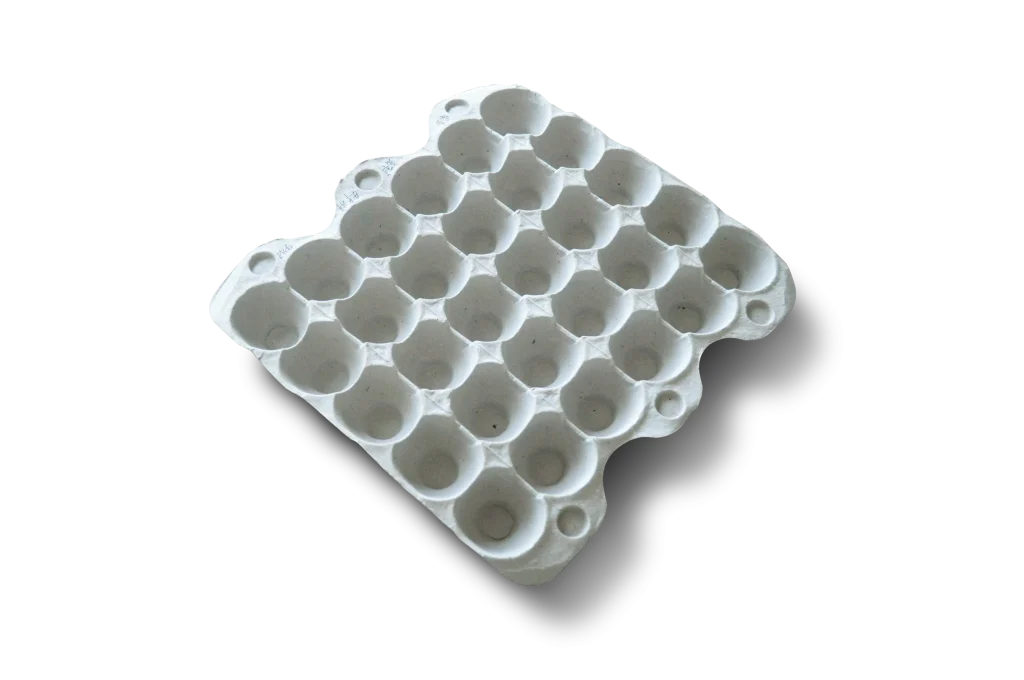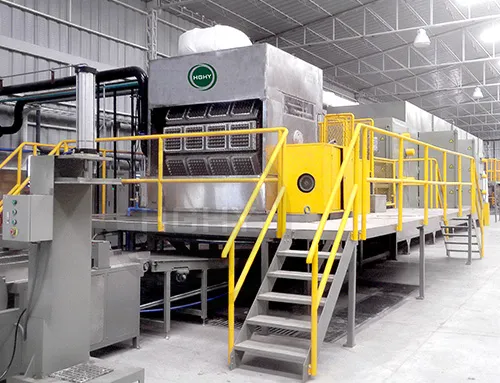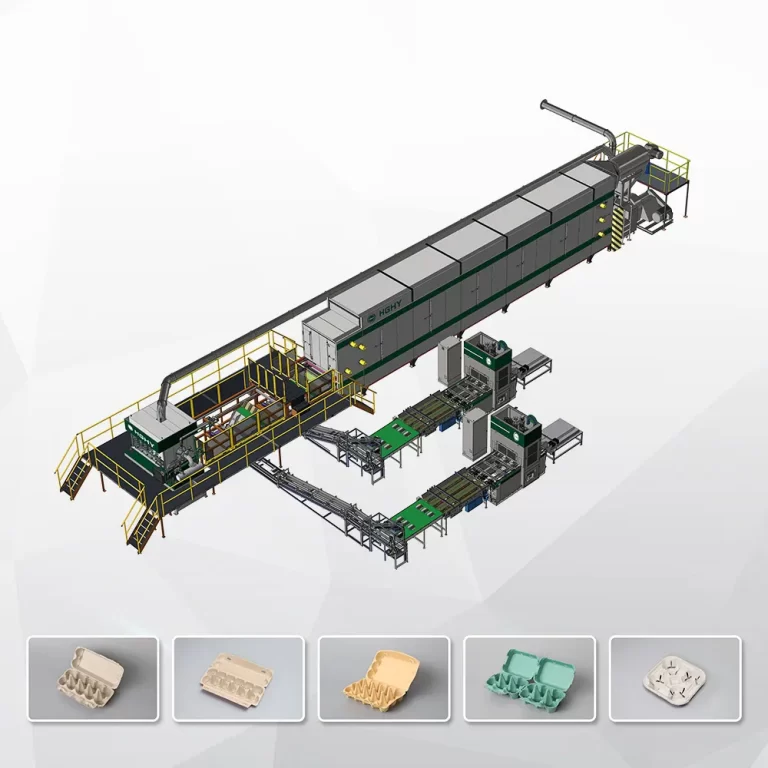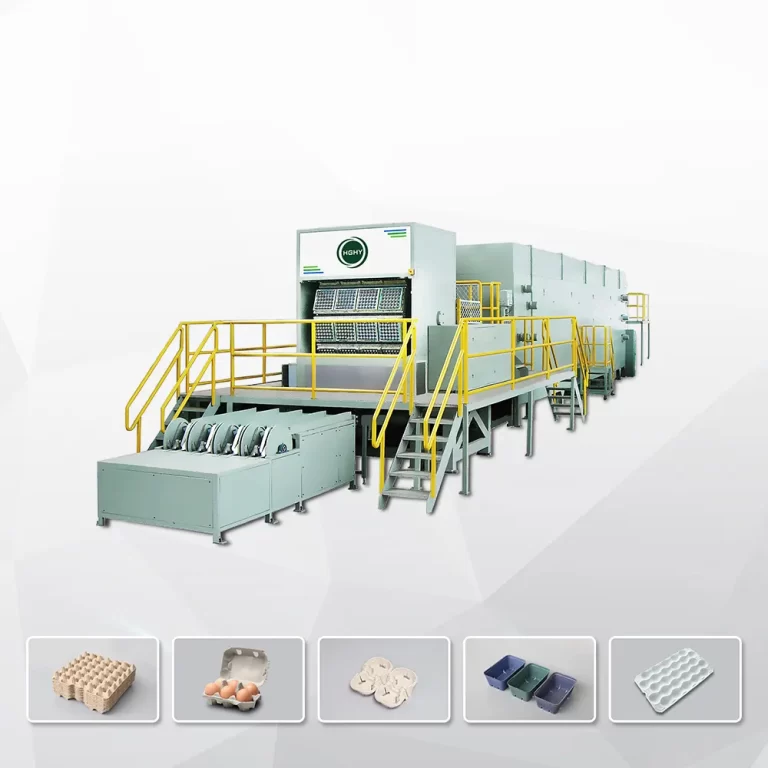Farming has always been a crucial aspect of human civilization, providing not only food but also valuable raw materials for various industries. One of the most common forms of agriculture is poultry farming, which involves the breeding and raising of chickens for egg production. In this article, we will explore the relationship between chicken farming, eggs, egg trays, and the vital role of egg tray machines in ensuring smooth and efficient operations.
Chicken Farming: The Heart of Egg Production
Chicken farming is a key industry that feeds millions of people around the world. The primary purpose of raising chickens is to collect eggs, which are a staple in diets across cultures and are used in numerous culinary dishes. Poultry farms can range from small backyard operations to massive industrial farms. In both cases, the care and management of the chickens are essential for consistent egg production.
Proper conditions for the chickens, including a suitable environment, quality feed, and health management, are critical. The chickens’ welfare directly impacts the quality and quantity of the eggs they lay. On large-scale farms, the focus is on optimizing production while maintaining animal health and minimizing costs.
Eggs: A Global Commodity
Eggs are one of the most nutritious and versatile foods in the world. Rich in protein, vitamins, and minerals, eggs are widely consumed in homes and commercial kitchens alike. As the demand for eggs continues to rise globally, efficient and hygienic methods of handling and packaging eggs become increasingly important.
Fresh eggs are delicate and need proper handling to avoid cracks and contamination. This is where the role of egg trays comes into play.
Egg Trays: Protecting the Eggs
Egg trays are an essential part of the egg production and distribution process. Made from molded pulp or plastic, egg trays provide a safe and secure environment for eggs, protecting them from physical damage during transportation and storage. The purpose of the egg tray is simple: to prevent breakage by keeping the eggs separated and cushioned from impact.

Molded pulp egg trays are often preferred due to their eco-friendly nature. Made from recycled paper, these trays are biodegradable, offering a sustainable solution for packaging. Pulp egg trays come in various shapes and sizes, depending on the type of eggs being packaged (e.g., standard, medium, or large eggs). They are designed to securely hold eggs in place and keep them safe from any external pressure.
The Role of Egg Tray Machines
The process of making egg trays is highly specialized and requires efficient machinery. Egg tray machines, which use a combination of pulp molding and heat-pressing technology, are designed to produce these trays on a large scale. These machines are a crucial part of modern poultry farming operations, providing the necessary infrastructure for efficient egg packaging.
An egg tray machine works by mixing waste paper with water to create a pulp. This pulp is then fed into a mold that shapes it into the desired egg tray design. After the molding process, the trays are dried and hardened using heat. The entire process is automated in most modern systems, making it a highly efficient and cost-effective method for producing large quantities of egg trays.
These machines vary in size and capability, with some being capable of producing thousands of trays per day, depending on the scale of the farm. In addition to their primary function of making egg trays, some machines also offer features like automatic tray stacking, drying systems, and packaging solutions, further enhancing the efficiency of the egg handling process.

The Benefits of Using Egg Tray Machines
- Cost-Efficiency: By automating the egg tray production process, poultry farms can significantly reduce labor costs. The use of automated systems allows for continuous production, ensuring a steady supply of trays for eggs without interruption.
- Environmental Sustainability: Modern egg tray machines often use recycled paper as raw material, making them a more eco-friendly option than plastic alternatives. This not only helps reduce waste but also contributes to the overall sustainability of the poultry industry.
- Improved Egg Quality: Proper packaging of eggs ensures they remain intact during transport and storage. With the use of high-quality egg trays, the risk of breakage and contamination is minimized, which ultimately leads to higher customer satisfaction.
- Customization: Egg tray machines can be customized to produce trays of various sizes, depending on the needs of the farm. This flexibility ensures that farms can package eggs of different sizes or types, providing a tailored solution for different markets.
- Higher Production Capacity: With the automation of egg tray production, farms can increase their output, enabling them to meet the demands of both local and international markets. High-capacity machines can produce thousands of trays per day, which is essential for large-scale egg production.
Conclusion
Chicken farming and egg production are essential industries worldwide, and the role of egg trays in maintaining the quality and safety of eggs cannot be overstated. Egg tray machines play a pivotal role in this process, providing poultry farms with an efficient, cost-effective, and environmentally friendly way to produce and package eggs. As demand for eggs continues to grow, the need for high-quality egg trays and reliable egg tray machines will only increase, making them an indispensable part of the global poultry farming landscape.
By investing in modern egg tray machines, poultry farms can ensure they are well-equipped to meet the challenges of the future while contributing to a sustainable and efficient farming process.



